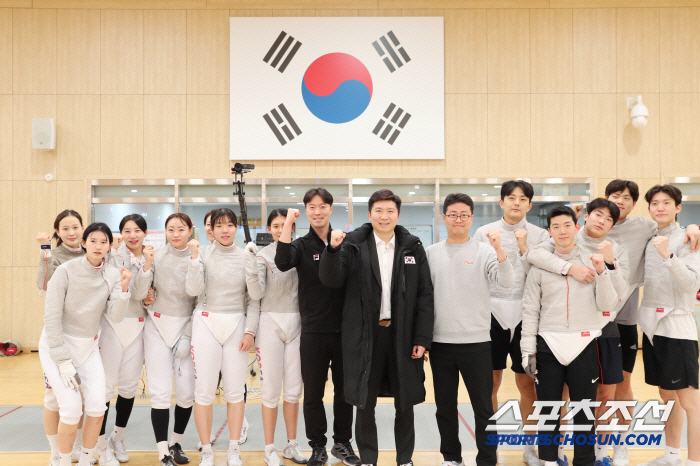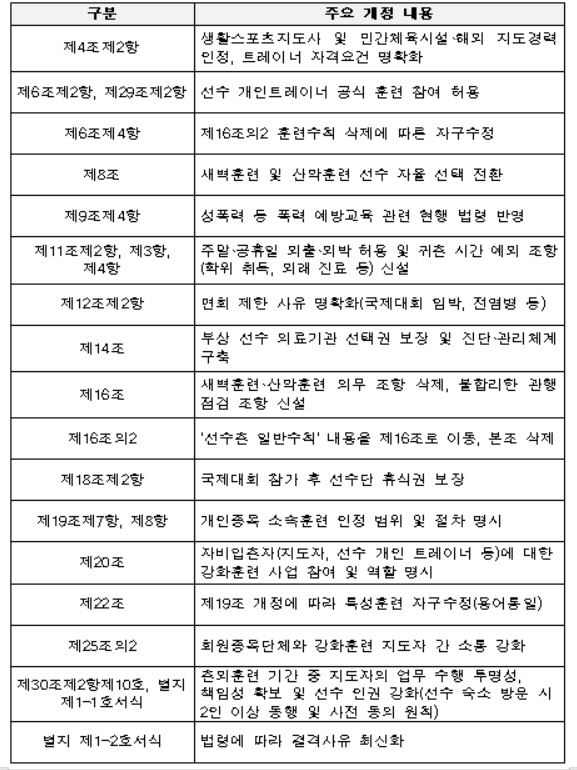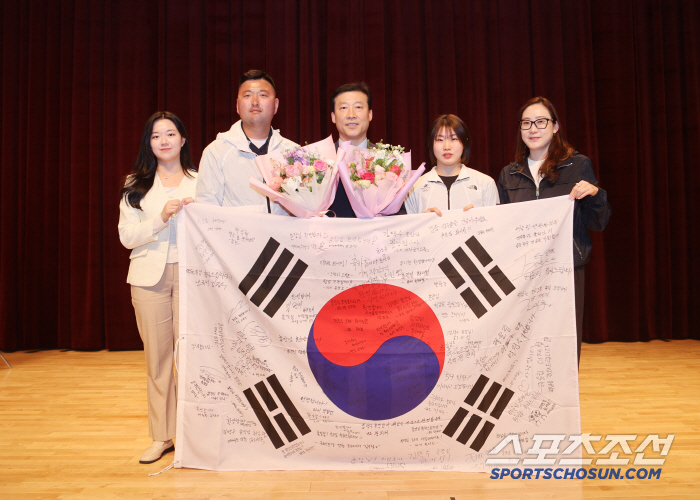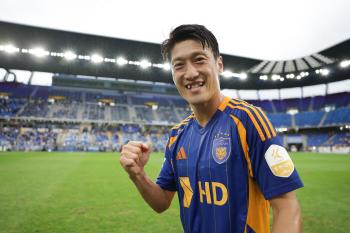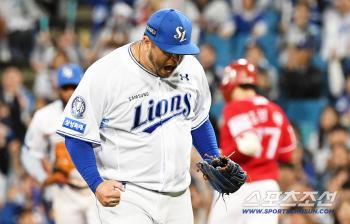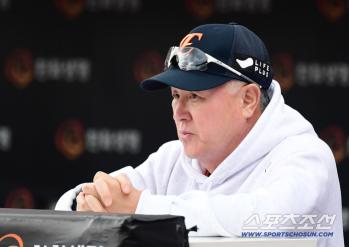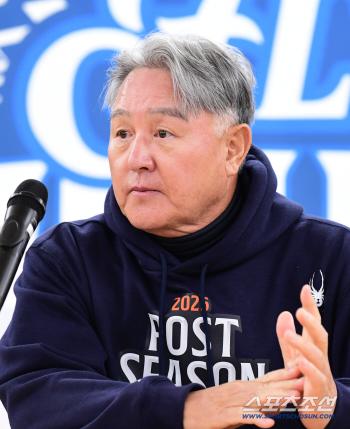The Korean Sports Council has revised the Guidelines for the Operation of Reinforcement Training to improve the autonomous training environment for national representatives and strengthen the human rights of athletes and leaders.
As a pledge of the presidential election of the 'Athens Olympic Table Tennis Gold Medalist', Kim Taek-soo, the new president of the athletes' village, visited Jincheon National Training Center shortly after the election of the president and actively collected opinions from athletes and leaders, and decided to implement the revised operating guidelines from the 12th after 24 years of experience as athletes, coaches, and coaches in Taereung and Jincheon Training Center. Last year 'Badminton Empress' An Se-young criticized right after the Paris Olympics gold medal, and the trainer system, which was talked about as a `small ball fired by An Se-young' by the National Assembly, and the rest after the international competition, will also be reorganized around athletes. It considered the human rights of the leader by giving him the authority as well as the duty of the leader in charge of the player's performance.
The revision has expanded the scope of leadership recognition and clarified trainer qualification requirements. In the case of leaders, private sports facilities and overseas coaching experience are also recognized, and trainers are classified as ▶ compulsory trainers (physical therapist qualification holder) ▶ physical fitness, technology, psychology, video analysis, and equipment trainers (certified holder recognized by the sports organization). In the reinforcement training plan and player selection process, it was mandatory to reflect the leader's opinion, and personal trainers were allowed to participate in the training. Early morning training and mountain training, which were compulsory for all athletes and all athletes and were controversial for efficiency, were revised to expand training options by switching to athletes and sports autonomy.
The rules of living in the athletes' village have also been significantly improved. In principle, going out and out on weekends and holidays is allowed, and if there are special reasons such as obtaining a degree or outpatient treatment, the exception of the time limit for returning to the village will be recognized. Injured players were allowed to freely choose medical institutions they wanted outside of designated hospitals, and the diagnosis and management system of injuries was also reorganized to strengthen the protection of players' health rights. In addition, a regular inspection system was established to prevent unreasonable training practices, and a provision was also included to ensure sufficient rest for players after participating in international competitions.
"This revision of the guidelines is a measure to prioritize the rights and interests of athletes and to strengthen cooperation among leaders and member sports organizations," said Kim Taek-soo, head of Jincheon Training Center. "We will continue to improve the system so that athletes can maximize their capabilities in an autonomous training environment." expressed his will. In an interview shortly after his appointment last year, Chief Kim mentioned the implementation of 'autonomous early morning training in the athletes' village', revealing that there has been no significant change in the number of participants in the early morning training even after the autonomy. "There is no change in the number of people. Judo, wrestling, boxing, fencing, hockey, etc., most of them come out. "Our athletes are world class. Even if it's left to you, you'll do everything on your own." "The most important thing is trust and respect. If you trust, respect, considerate, and communicate with each other, you can do anything," he stressed. While emphasizing trust, respect, and autonomy, he made it clear that `we will never compromise as much as repeated training that goes beyond the limits.'
This article was translated by Naver AI translator.
